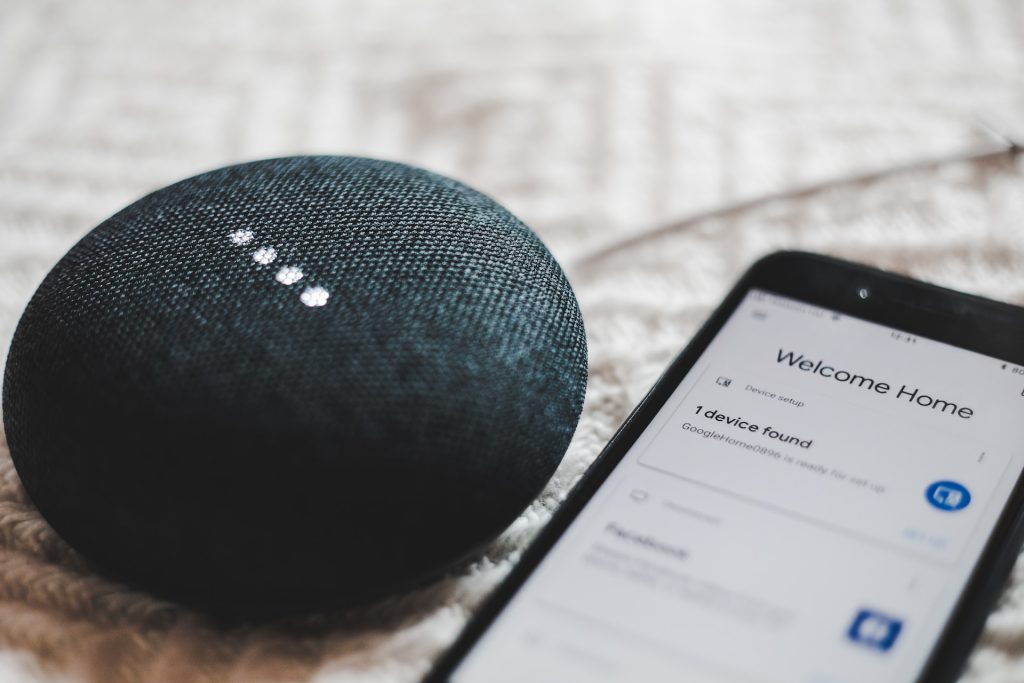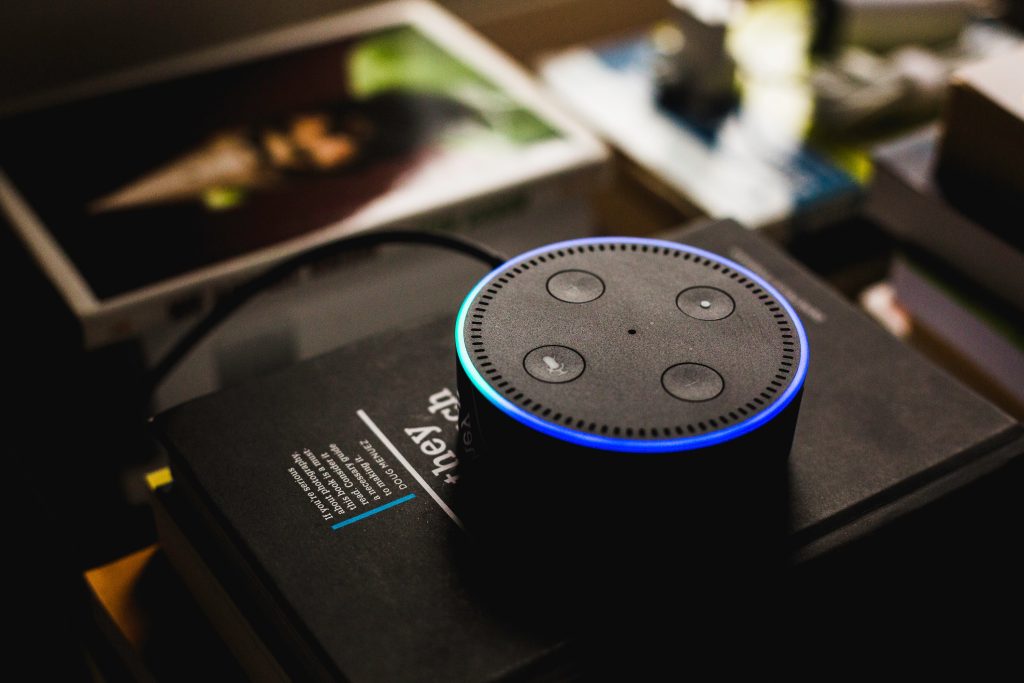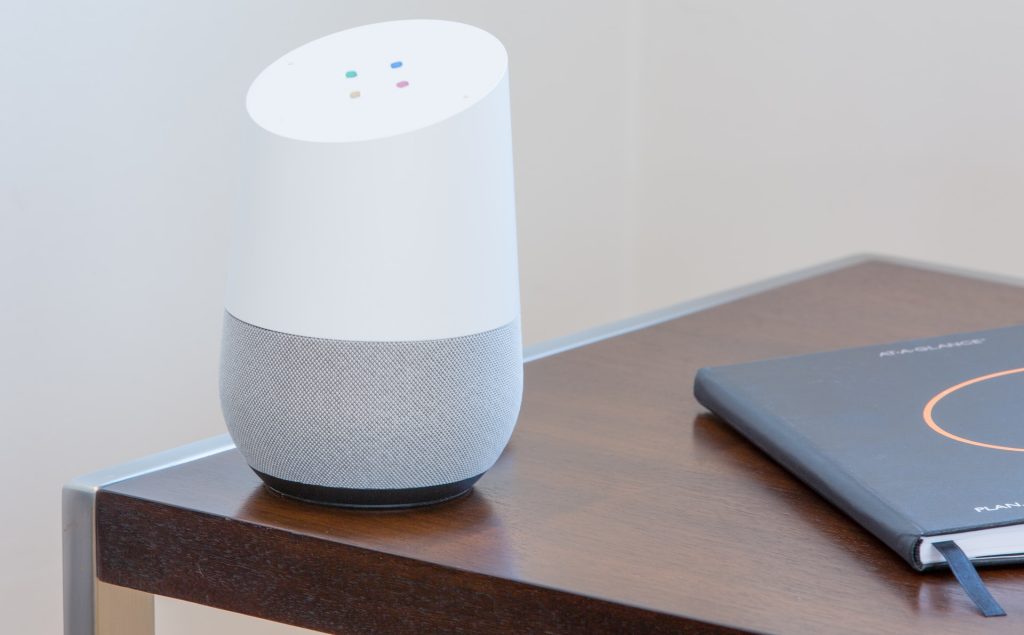In an era of rapid technological advancements, the voice assistant has emerged as a digital companion, ready to answer our questions, perform tasks, and simplify our lives. These virtual voices have become fixtures in our homes, smartphones, and even our cars. But what exactly are voice assistants, and do they truly make our lives easier, or do they add more complexity to our daily routines? Join us on this fascinating journey into the world of voice assistants, where we’ll explore their origins, popular players, and the impact they have on our lives.

What Are Voice Assistants?
Voice assistants are software applications or devices equipped with speech recognition technology that can understand and respond to voice commands. They use natural language processing to interpret human speech, carry out tasks, answer questions, and provide information. Essentially, they turn spoken language into actionable data, making it easier for us to interact with our digital devices.
The Pioneers: A Brief History
Voice assistants aren’t new to the scene. Their roots can be traced back to the development of speech recognition technology in the mid-20th century. The journey from the earliest speech recognition experiments to the voice assistants we know today has been a long and fascinating one.
One of the early milestones was IBM’s Shoebox, introduced in 1962, which could understand and respond to 16 spoken words. Fast forward to 2011, when Apple’s Siri made its debut on the iPhone 4S, marking a significant leap in voice assistant capabilities. Since then, a plethora of voice assistants has joined the fray, each with its unique strengths and quirks.

Popular Voice Assistants: The Power Players
- Siri (Apple): Siri was one of the first mainstream voice assistants, bringing natural language processing to Apple devices. It can answer questions, set reminders, send messages, and control smart home devices.
- Google Assistant: Google’s voice assistant is known for its robust search capabilities and integration with the Google ecosystem. It can provide information, control smart devices, and even engage in conversations.
- Amazon Alexa: Alexa has become a staple in many households, residing within Amazon Echo devices. It excels at smart home control, answering general knowledge questions, and playing music.
- Cortana (Microsoft): Cortana is Microsoft’s virtual assistant, designed to assist with tasks on Windows devices. It can set reminders, provide weather updates, and integrate with Microsoft Office applications.
- Bixby (Samsung): Samsung’s voice assistant, Bixby, is designed to be a true personal assistant on Samsung devices. It can control settings, answer questions, and perform device-specific tasks.
- Assistant by OpenAI (GPT-3): OpenAI’s GPT-3-powered virtual assistant, which you’re interacting with right now, can answer questions, generate text, and assist with various tasks in natural language.
Do They Make Life Easier or Harder?
The impact of voice assistants on our lives is a matter of perspective. They offer convenience and accessibility, allowing us to perform tasks hands-free and receive instant answers. Here are some ways they make life easier:
1. Efficiency: Voice assistants save time and effort, whether it’s setting reminders, sending messages, or finding information online.
2. Accessibility: They provide assistance to individuals with disabilities, making technology more inclusive.
3. Smart Home Control: Voice assistants can control smart devices, making it easier to manage your home environment.
4. Information Access: You can get quick answers to questions and stay updated on news, weather, and more.
5. Productivity: They can help with tasks like scheduling, sending emails, and making shopping lists.
However, there are valid concerns about privacy and security. Voice assistants are always listening to some degree, waiting for their wake word. This has raised questions about data collection and storage, as well as potential eavesdropping.
The Future of Voice Assistants
As technology advances, voice assistants are likely to become even more integrated into our lives. We can expect improvements in speech recognition accuracy, increased personalization, and better natural language understanding. Voice assistants will play a significant role in the evolution of smart homes, autonomous vehicles, and the Internet of Things (IoT).

In conclusion, voice assistants have become an integral part of our digital lives. They offer convenience, accessibility, and efficiency, but they also raise questions about privacy and security. As technology continues to advance, voice assistants are poised to play an increasingly central role in our daily routines. The key is to balance their benefits with responsible use and awareness of privacy concerns, ensuring that the voice in the machine remains a helpful companion in our journey through the digital landscape.





